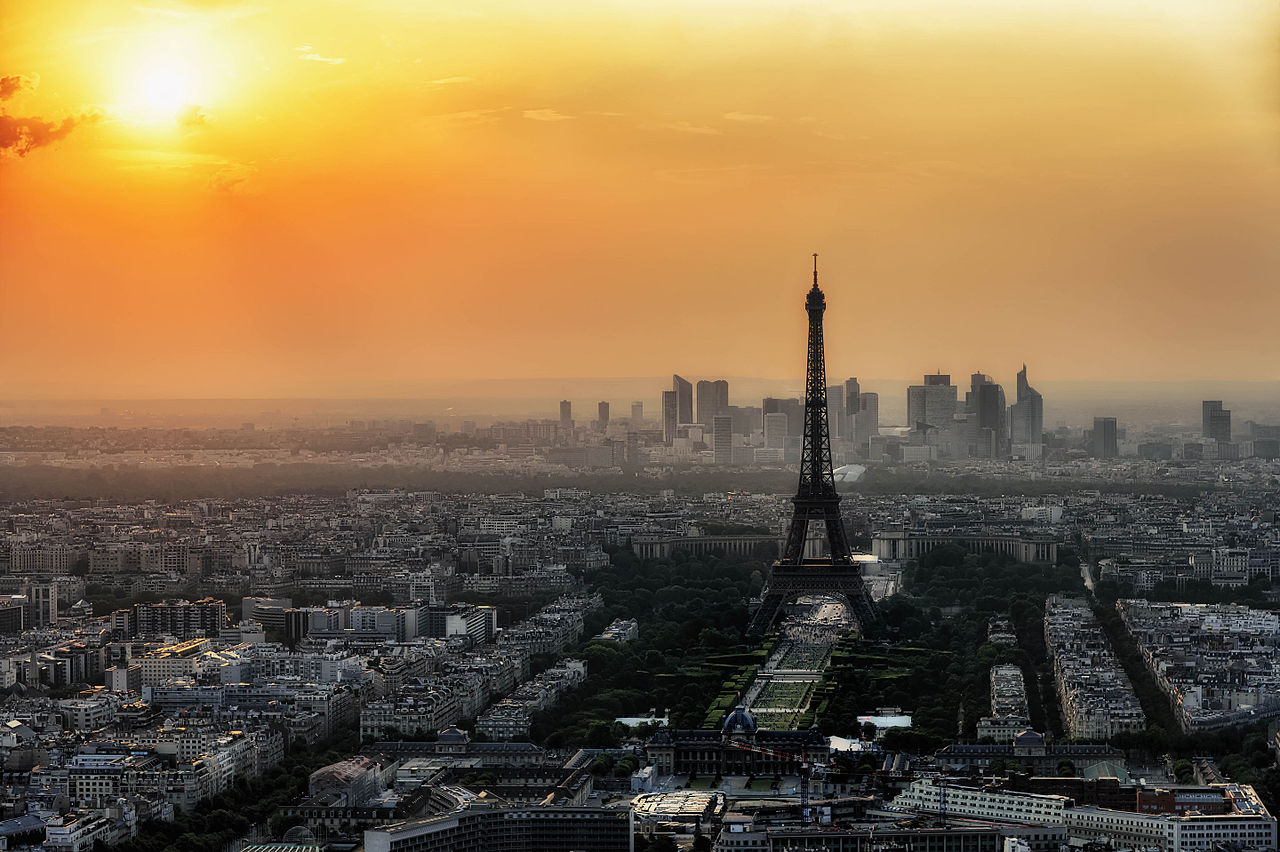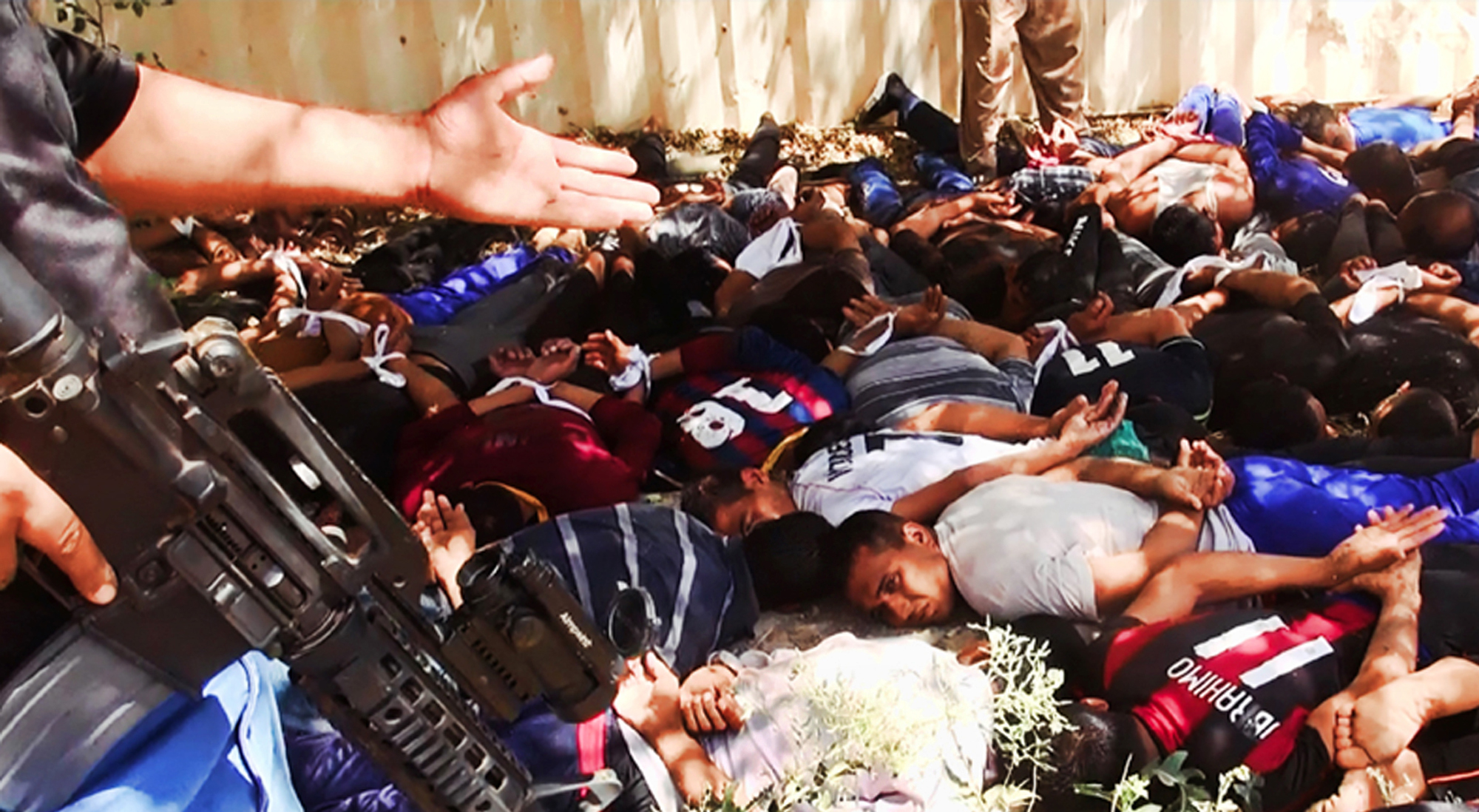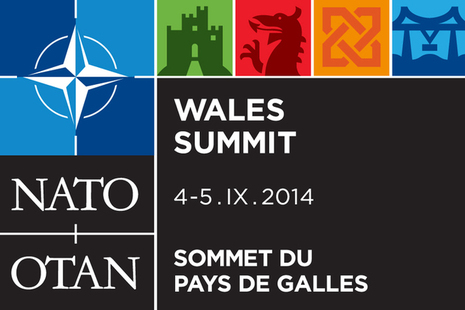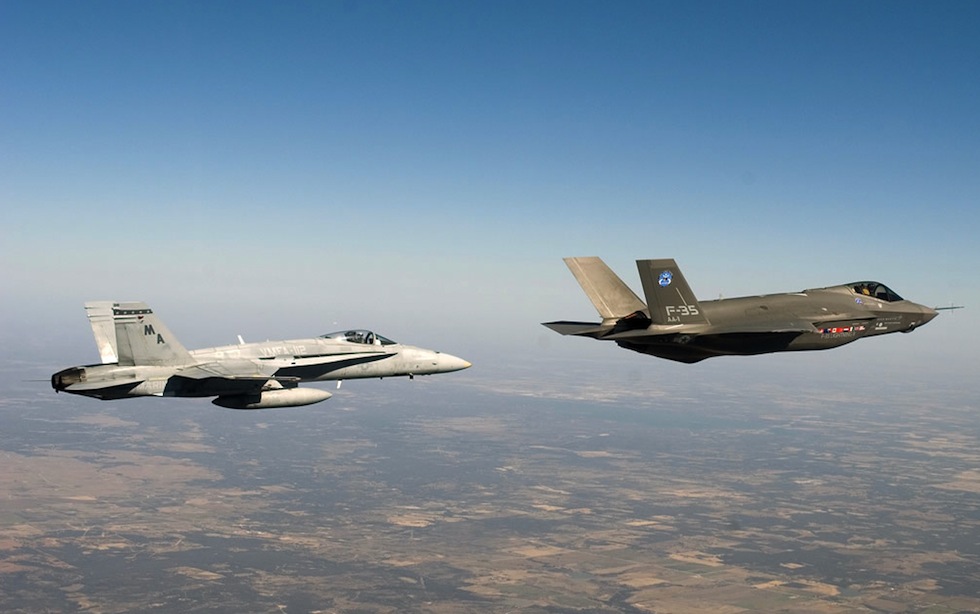As the Paris attacks continue to send shockwaves across Europe and the rest of the world, little attention has been paid to what this could entail for Ukraine’s future. So far, the direct response in Ukraine to the tragedy has been similar in nature to that of other European states.
Since Friday, Ukraine has steadily increased its security measures with improved checks at airports and bus stations expected over the next few weeks. To prevent further destabilization of the situation in Ukraine, following the Paris attacks, law enforcement agencies have also been put on alert mode. “We’ve increased security of government buildings and infrastructures. We believe we’ll be able to stop any provocations,” claims Ukraine’s Interior Minister, Arsen Avakov.
While these efforts have been put in place to deal with the immediate implications of Paris, they are short-term goals that will not resolve the impact the Paris attacks will have on Ukraine in the future. As it is, the Paris bombings will have a long-lasting impact on the Ukraine conflict that will result in either renewed Western support for Ukraine, or continued waning involvement to resolve the crisis.

The first situation that might occur is that, in response to France, the West will renew its efforts to combat terrorism in the region. This might mean that they will begin to take all forms of “terrorism” in the region seriously, including the kind that Vladimir Putin has been inflicting in the occupied territories of Ukraine.
Such decisive action is sorely needed given the failure of the Minsk II agreement, which mandated a ceasefire that began two months ago, and was signed by Ukraine, Russia, France, and Germany. Despite initial reports that the ceasefire was working, recent findings indicate that gunfire and explosions continue to occur in the region, and the number of war casualties continues to rise. In fact, this Saturday alone five Ukrainian soldiers were killed while fighting in the east of Ukraine, and another four were wounded. This has been the highest death toll since the ceasefire began and provides further proof that the fragile agreement is not holding.
With this in mind, it is in Ukraine’s best interest that Western states take a serious stand against any form of terrorism in Europe and commit to unified action. In a statement following the terror attacks, Ukrainian President Petro Poroshenko was keen to emphasize this sentiment proclaiming,
“French President Francois Hollande has made and continues to make a huge contribution to fighting terrorism here in Ukraine…Together with France, we are protecting our shared European values, protecting against the terrorist attacks.”
This hope for European solidarity makes sense given France’s support to Ukraine since the crisis began, identifying Putin as the aggressor and helping to negotiate a resolution.

However, to believe that a renewed fight against terrorism in Europe means renewed attention on Ukraine is wishful thinking. Rather, the more likely scenario that might result from the Paris attacks is that the Ukraine war will be pushed down on the list of security threats in Europe, further reducing the prospect of any military aid from its allies.
This situation would not only strengthen Russia’s position in Ukraine, but would also play easily into Putin’s extensive disinformation campaign, which has already touted his involvement in Syria as combatting terrorism that the West has been unable to contain. The attacks in France will only work to strengthen this viewpoint Putin has manufactured through Russian state-sponsored media, and may increase Russian support for further military ventures.
The Ukraine conflict has already faded into the background following the migrant crisis currently plaguing Western Europe, and many leaders see Minsk II as having pacified the situation for the time being. The Paris attacks threaten to aggravate the situation further. If this is the case, then Europe may be leaving an open door for renewed Russian aggression in Ukraine. Although Ukraine may hope Paris will reinvigorate Western action against Putin, the sad reality is that this scenario has only become less likely to happen.




